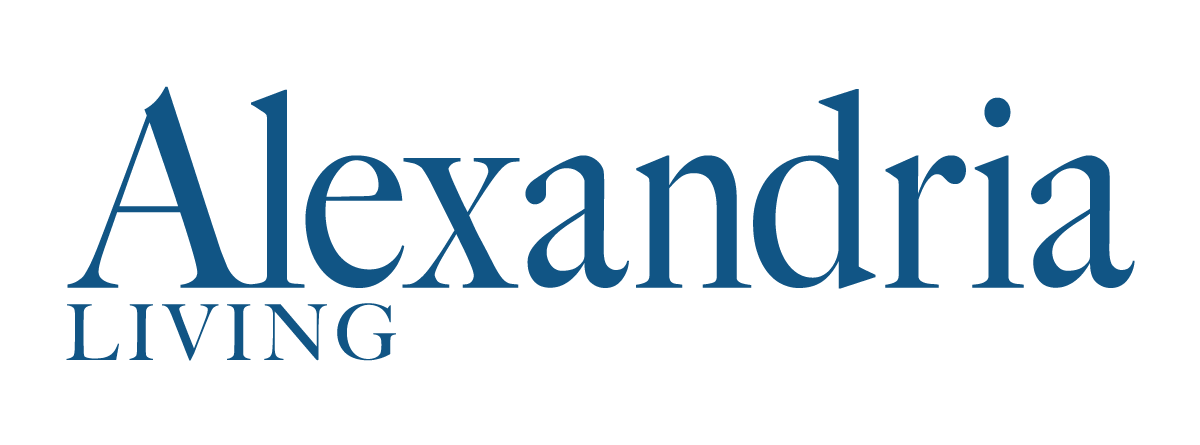
Vivint Solar
It’s becoming much more common to drive through Northern Virginia neighborhoods and see solar panels on the roofs of homes.
Every week, hundreds of people across the country – and many in Alexandria – are making the decision to power their homes with solar energy. No longer the high-cost, complicated process it was 10 years ago, homeowners who are going solar understand that making the switch makes a lot of sense for their wallets and for the environment.
What separates these homeowners from the curious majority still waiting? They have asked themselves, ‘What’s my excuse? What keeps me from going solar today?’ For people who meet a few basic criteria, going solar is a no-brainer.
Ask yourself these questions:
• Does my house get enough sun?
• Is the electrical and structural infra-structure of my house up to code?
• Do I have good credit?
Does my house get enough sun?
The metric we use to answer this question is called “sun hours.” To find out how many sun hours your home receives, you can use a satellite sun measurement program that is available to the public. I would suggest plugging your address into the Northern Virginia Solar Map website at novasolarmap.com. If you see a lot of red or orange, you are in good shape.
The next factor is which direction your roof faces. If you have a south facing roof with minimal obstruction from trees, then you have the holy grail of solar orientation, and solar will absolutely make sense for your home. Any roof section that is unobstructed will produce electricity, with south-facing roofs offering the most sun hours.
Ok, I get a lot of sun now what?
Is the electrical and structural infra-structure of my home up to code?
Not everyone will know how to answer this question, which is why I suggest calling a certified solar team and getting a site survey.
Vivint Solar offers this for free and will be able to tell if your house is a good fit in less than 30 minutes. What they look for is the condition of your electric panel and the structural integrity of your roof. Finally, they review your current electrical usage so they can figure out what size system your home needs to be 100 percent solar powered.
The next question can be a bit uncomfortable for some people, but it’s important:
Do I have a good credit score?
Before you start thinking, “Oh, here we go. I knew this was going to be expensive…” let me explain. Currently if you own a home in Northern Virginia, you have a contract with a power company that won’t end until you leave this beautiful state.
Every month, you pay your electric bill at ever-in-creasing rates. With the right solar system, you get a much better deal. Here’s how: Why did you buy your home instead of renting it?
The answer is simple — equity. Solar of-fers you the same thing by giving you the ability to turn a cost into an investment. Instead of spending $150 per month on your electric bill at an inflation rate of 0.5 percent per year, a solar loan allows you to spend $50 and invest the other $100 with no inflation for 20 years. The better your credit score is, the lower your interest rate will be on a solar loan and the more your investment will pay off for you over time.
On top of that, loans have end dates, unlike your traditional electric bill. Even if you are not going to be living in your home for 20 years, you can take the equity that you’ve invested and pass along the additional savings to the new homeowner, contributing to your increased home value.
According to a University of California at Berkley study, your solar-powered home will be worth $4,000 more per kilowatt than homes that are powered by traditional electric service. In other words, solar already makes financial sense and we haven’t even factored in the available tax incentives.
To learn more about tax incentives, have your home assessed and get your questions about solar answered, contact James M. Granum, Clean Energy Consultant at (571) 550-1064 or jamesthesolarguy.com.
